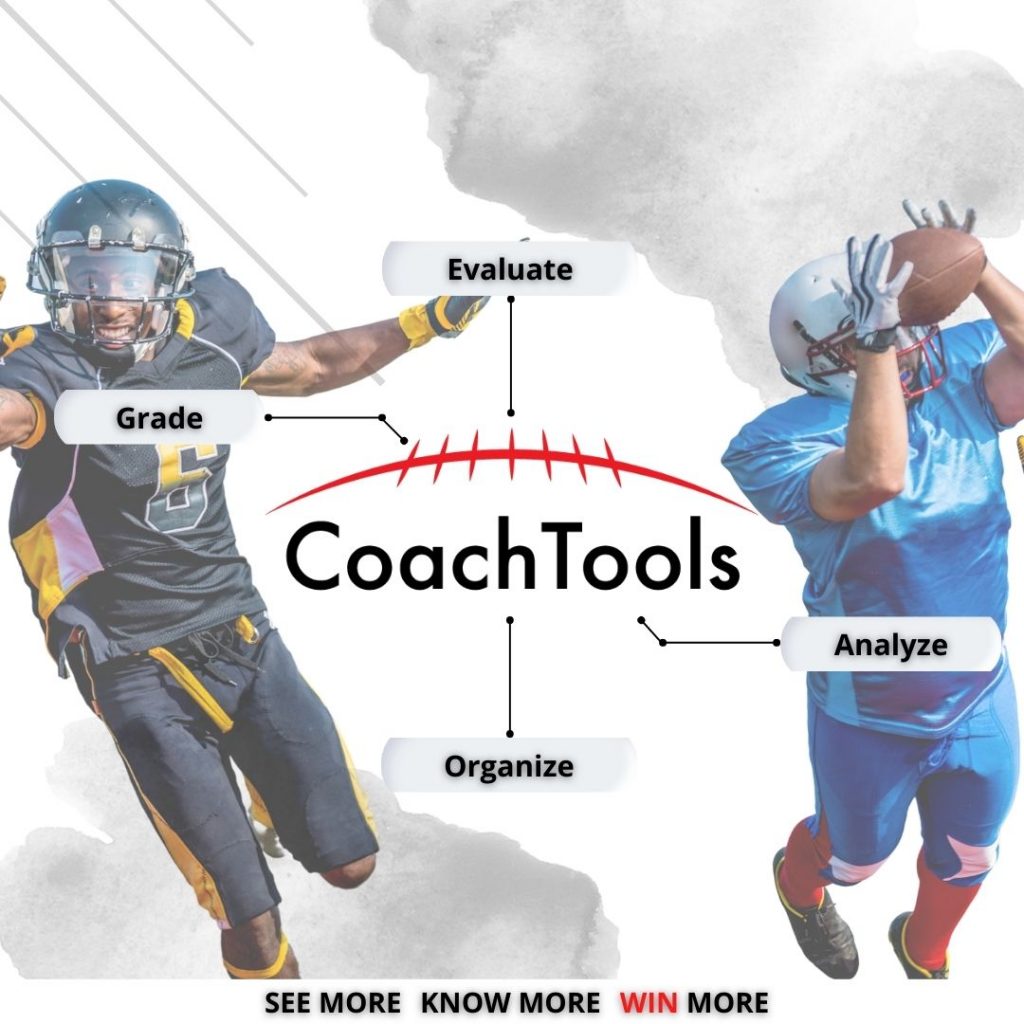Top Ways to Make Your Football Practice Habits Better

Practicing without a specific goal in mind is as useless as not practicing at all. Athletes need to put all of their focus into their craft and deliberately make efforts to get better at whatever it is they are doing. In my experience as a collegiate athlete at Gettysburg College, this holds true both on and off the field, especially as a football player. In order to become the best maximize potential as a player, one must rigorously study film, regularly review the playbook, and take notes on instruction daily. We all know the analytical direction the game of football is taking. With a plethora of data now available, it is essential to understand that in order for this new information to have any value, both athletes and coaches must do the easy things better than ever – and that starts with practice habits.
Here are some of the top ways athletes & coaches can make their football practice habits better:
- Fully understand the fundamentals – In order to master a skill – as a coach or player – one must target small components of a craft and spend countless hours deliberately working to improve. As NBA legend Phil Jackson once noted, “the most important thing about coaching is that you have to have a sense of confidence about what you’re doing”. This goes without saying, but confidence is equally as important to players. The only way to build confidence is to practice until one’s sense of doubt is eliminated. From a coach’s perspective during practice, they need to understand the best way to teach each player, as there is no cookie-cutter solution. Coaches must instruct each player differently to get the most out of them during practice so that players’ optimal level of confidence can be reached. Players have to understand that they must go the extra mile and show the coach that they care about improving – this goes a long way.
- Write down your goals daily – A seemingly simple task that can have a profound impact on the vision of any individual. Knowing what you want to achieve on a daily basis provides direction in the short term and vision in the long term. When one knows exactly what steps they need to take to be successful and has the willpower to consistently do those things, their own confidence increases. When positive steps are taken and consistently reinforced, it is like a domino effect of the mind. We can achieve a winning mindset by doing the little things right, which raises our sense of confidence and helps us win games.
3. Track your progress – Goal setting is an extraordinarily powerful tool. As pointed out in the aforementioned suggestion of writing goals, this practice can have a profound impact on confidence – which can have a direct impact on players’ performance. Whether it be seeing how your coach graded you out in week one versus week twelve, or keeping tabs on personal goals, knowing where you started versus where you are currently is invaluable. On the coaching end, the same applies. Number of wins, production of your position group, or even communication/teaching skills are great indicators of performance that can be tracked.

4. Put aside your ego – Self-perceived notions about oneself are oftentimes not how others perceive you. We must understand that no matter what we think about ourselves, the people around us have different perceptions. For example, in some past experiences, I have found that some players and coaches who have enjoyed success may perceive themself as exorbitantly better than how they are actually perceived. For players or coaches who may think this way, it may be helpful to note that no matter what, there is always going to be someone out there better than you at whatever it is you are doing. This is a fact of life for most individuals and it is something we all must accept. Even if you think you are an absolute expert in your field, never disregard feedback and genuinely consider advice or coaching no matter the situation. We are not always right, and that is okay.
5. Become self-aware – Going beyond putting aside your own ego, self-awareness is the key to fulfillment and success. It takes courage to acknowledge your shortcomings, especially as a successful football player or football coach. Teams can accomplish great things if we all are cognizant of our strengths and weaknesses. This is applicable to both coaching staffs and players. Football team dynamics can be highly successful or failures based on individuals’ ability to be self-aware.

